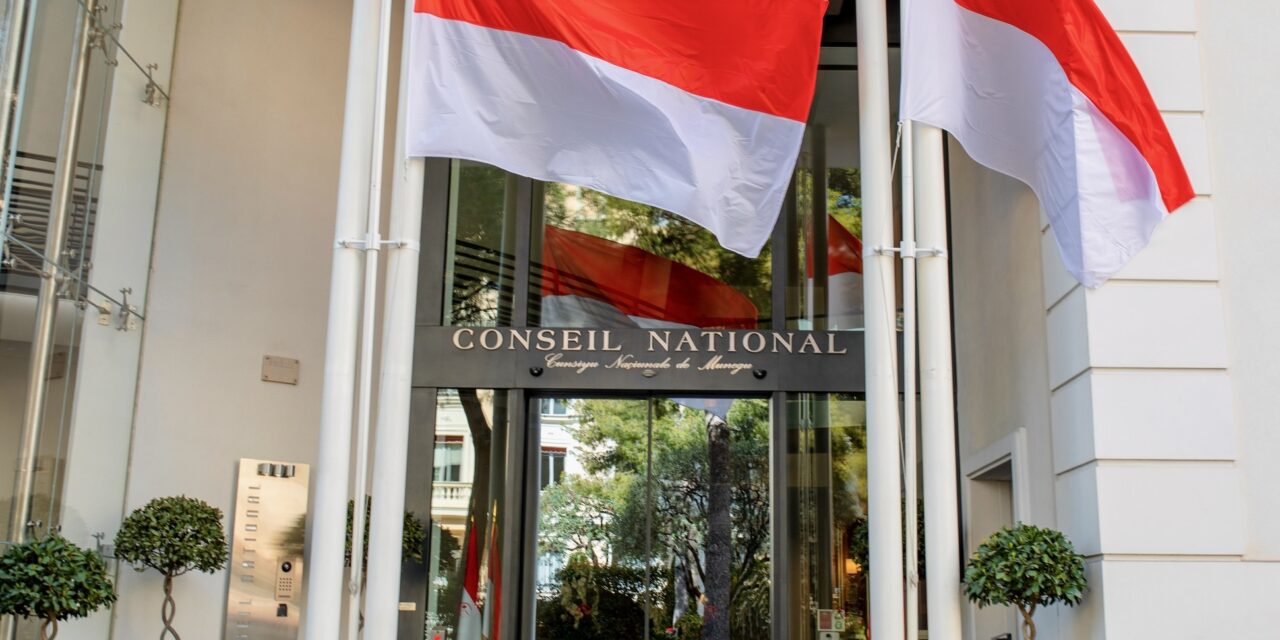Monaco’s National Council has publicly criticised the Government for what it called a “particularly inappropriate” move after learning—via press release—of the decision to press ahead with an in situ solution for household waste treatment. The Council said the announcement bypassed ongoing dialogue with elected officials and undermined efforts to reach a collaborative agreement.
The disagreement centres on the long-controversial “Symbiose” project, initially presented by the Government as the only viable option. But concerns over spiralling costs, unresolved technical challenges, and a lack of transparency around legal risks have led the Council to push for alternative solutions—particularly cooperation with French authorities. Despite this, the Government has unilaterally declared that outsourcing waste management poses too many legal uncertainties, though it has not released the studies justifying this stance.
National Council President Thomas Brezzo did not mince words, calling the timing of the Government’s press release—just days before the arrival of Monaco’s incoming Minister of State Christophe Mirmand—“an unnecessary provocation” that jeopardises institutional cooperation. Brezzo pointed to years of unclear communication from the Government about the feasibility of alternatives, including its own prior claims that rebuilding on the existing site was impossible.
The Council remains unconvinced by the Government’s legal arguments, with Brezzo stating that, if its claims were valid, Monaco’s broader waste management—which handles over 220,000 tonnes annually—would also be on shaky ground. No clear financial ceiling has been presented either, making it impossible, he argues, to determine if the current proposal is truly in the public interest.
While the Council is not outright rejecting the Government’s plan, Brezzo stressed that elected officials must first be given all the facts before approving any future budgets tied to the reconstruction of the waste treatment plant—or any major public works. “We cannot responsibly authorise tens of millions in spending without full transparency,” he said, blaming past insistence on the “Symbiose” project for wasted time and taxpayer money.
Looking ahead to the arrival of Mr. Mirmand on Monday, July 21, Brezzo expressed hope for a new chapter built on pragmatism, trust, and institutional balance. But he was blunt about the current state of play: “By publishing a press release titled ‘Waste Treatment: Monaco Chooses Responsibility,’ the Government is in fact choosing institutional irresponsibility.”
The Council now hopes to resume constructive dialogue under the incoming administration to ensure that Monaco’s future waste strategy is both efficient and accountable.

